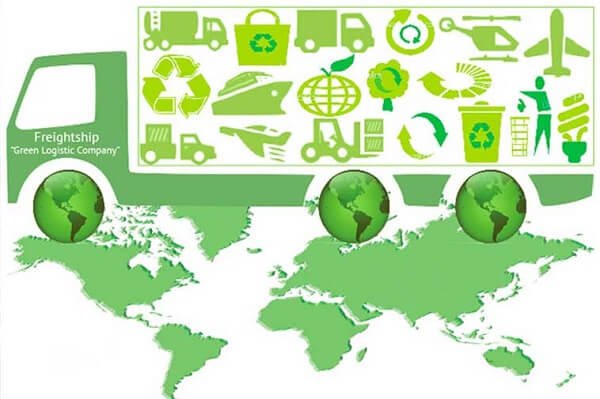With this year’s PAR theme being “Ports as Levers for Change”, participants discussed issues of disruption, digitalisation, and decarbonisation facing the maritime industry, and how port authorities should remain agile, adaptable, and innovative in response to the challenges.
Disruption
The participating ports took stock of various initiatives related to the challenges posed by incidents, the unexpected circumstances they cause and their impact on port operations and crew changes. Ports acknowledge that the exchange of experiences and best practices among peers has helped to overcome the impact of the pandemic.
Building on this forward leaning cooperation, the ports have agreed to further develop the PAR Incident Sharing Framework (PAR-ISF) enabling ports to report on a voluntary basis in a systematic and active way on incidents, and to establish a mechanism to enable consultation and dialogue in case of incidents and crisis. Port Authorities also expressed support for the Shipping Tripartite Alliance Resilience (STAR) Fund which brings together like-minded international partners from the industry, unions and governments to work with stakeholders in seafaring nations on solutions for safe crew changes.
Digitalization
Having noted that container shipping remains the world’s most sustainable means of transportation for global trade and the expected rise in container transport, ports have assessed the need for the establishment of a global and neutral platform, allowing multi-modal comparison of container routes. Hereto a coalition of PAR ports will further explore the applicability of Port of Rotterdam’s Routescanner as a neutral platform for the visualization of container transport options and to further improve sustainable and cost-efficient global supply chains.

Besides, PAR members are considering joining the Port Authorities CIO Cybersecurity Network (PACC-Net), established by MPA, to foster collaboration on maritime cybersecurity as a global network to facilitate early sharing of cyber threat information and enable timely responses to such threats.
Ports were also updated on the Port Authorities CIO Cybersecurity Network (PACC-Net) to strengthen cyber resiliency and response through three key focus areas: information-sharing, project collaboration and education.
Decarbonization
Following the discussion on the importance of the decarbonization of shipping and the role of ports to realize this aspiration, the Port Authorities Roundtable will explore support to the Global Maritime Forum’s Getting to Zero Coalition COP 26 call to action which aims to encourage governments, industry and global policy makers to realize zero-emission vessels by 2030.

Port Authorities also considered and discussed other decarbonization initiatives, such as the establishment of MPA’s maritime decarbonization center to collaborate to reduce GHG emissions, implement identified decarbonization pathways and create new business opportunities.
The outcome of this meeting will be evaluated during the 2022 Port Authorities Roundtable meeting, hosted by Abu Dhabi Ports.
Hong Dao













